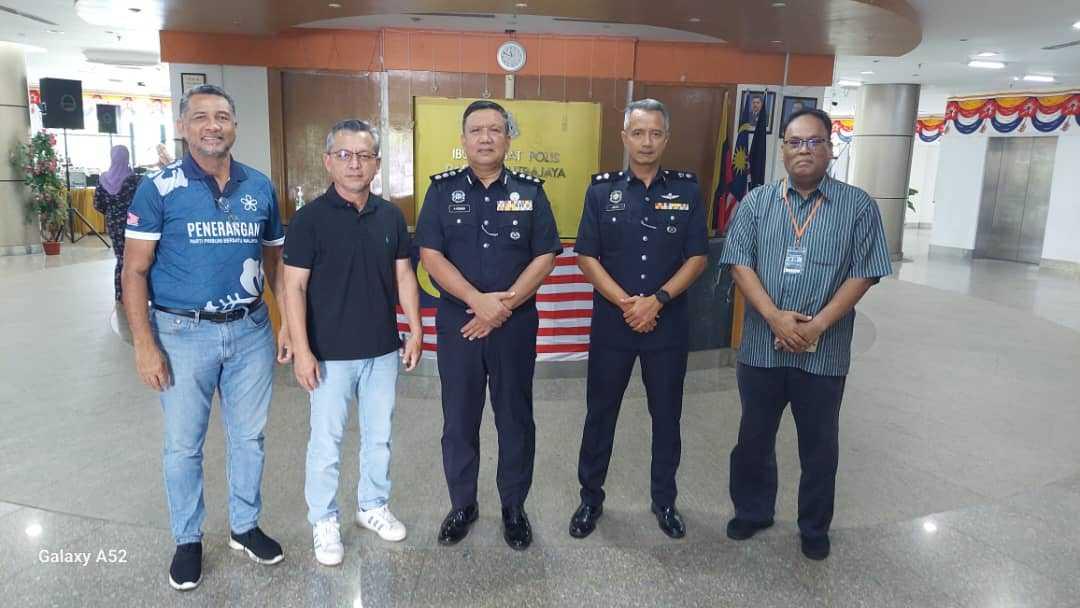Scores of Bersatu leaders summoned by cops after show of support for Muhyiddin
Some have already been questioned, including Bersatu's current information chief, Razali Idris.
Just In
More than a dozen Bersatu leaders have been summoned by the police over a recent gathering in support of party president Muhyiddin Yassin at the Malaysian Anti-Corruption Commission headquarters.
MalaysiaNow understands that several senior party leaders were among more than 20 who have been called in for questioning at the Putrajaya district police headquarters, starting from today.
They include deputy president Ahmad Faizal Azumu, vice-president Radzi Jidin, secretary-general Hamzah Zainudin and former information chief Wan Saiful Wan Jan.
"Datuk Li is among those who were questioned today," a source told MalaysiaNow, referring to Bersatu's current information chief, Razali Idris.
Muhyiddin, a former prime minister, was recently slapped with seven counts of corruption related to the JanaWibawa programme to help Bumiputera contractors and the restoration of the tax exemption given to Yayasan Albukhari, a charity foundation owned by tycoon Syed Mokhtar Al-Bukhary.
He described the charges as "an organised political persecution", saying investigations found that he had not received bribes as claimed by his enemies.
Prime Minister Anwar Ibrahim meanwhile denied claims of selective prosecution.
His aide, Muhammad Kamil Abdul Munim, lodged a police report against Muhyiddin on March 13, saying the statement was defamatory and could create a negative perception of Anwar's leadership.
The move was slammed by rights group Lawyers for Liberty, which said it was "unlawful, unconstitutional and tyrannical" to use enforcement agencies to "clamp down" on those critical of the government.
"In our democracy, the prime minister has no special status under the law different from ordinary citizens," LFL director Zaid Malek said.
Subscribe to our newsletter
To be updated with all the latest news and analyses daily.
Most Read
No articles found.
